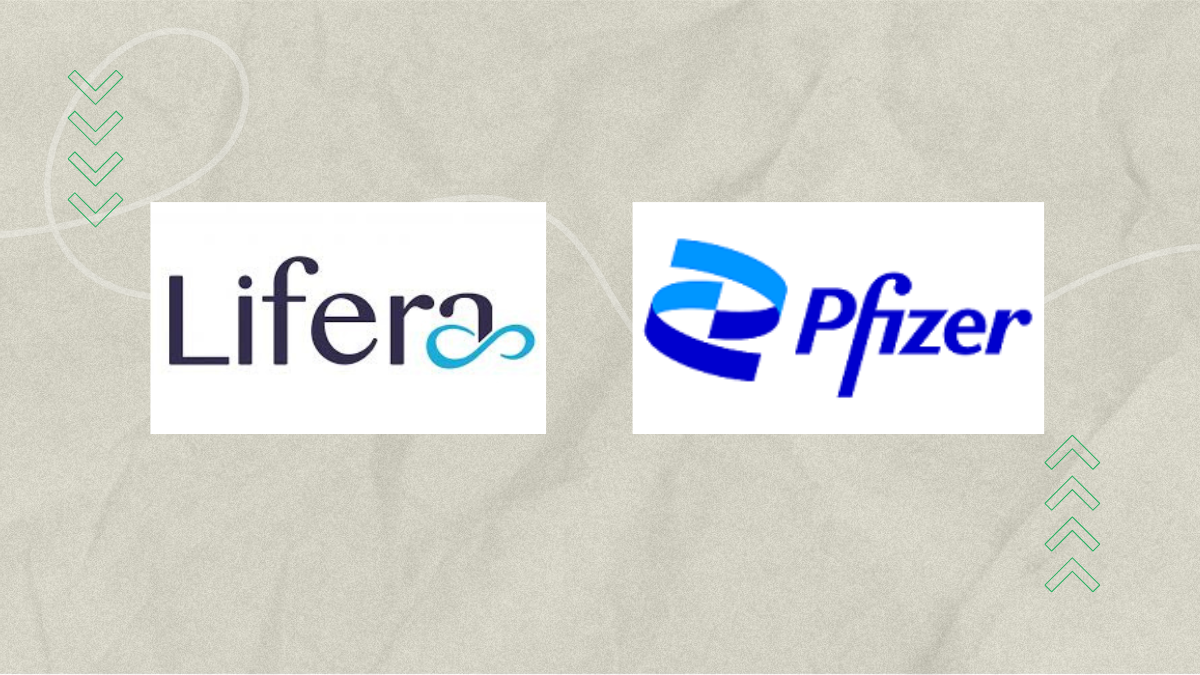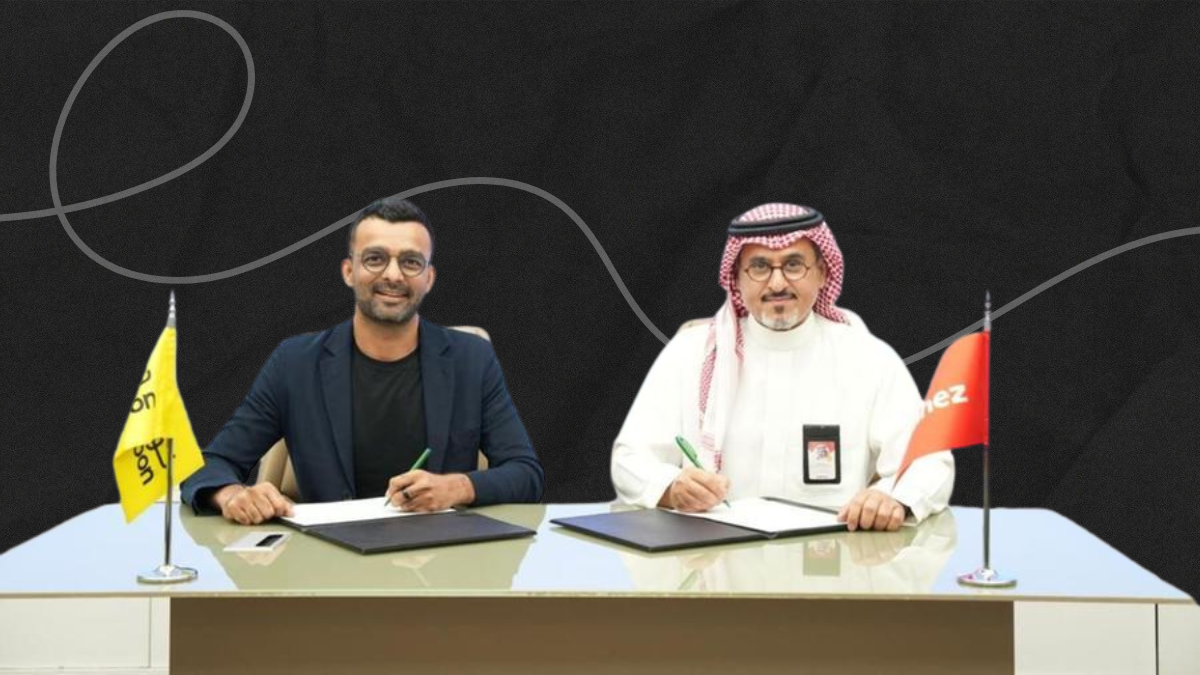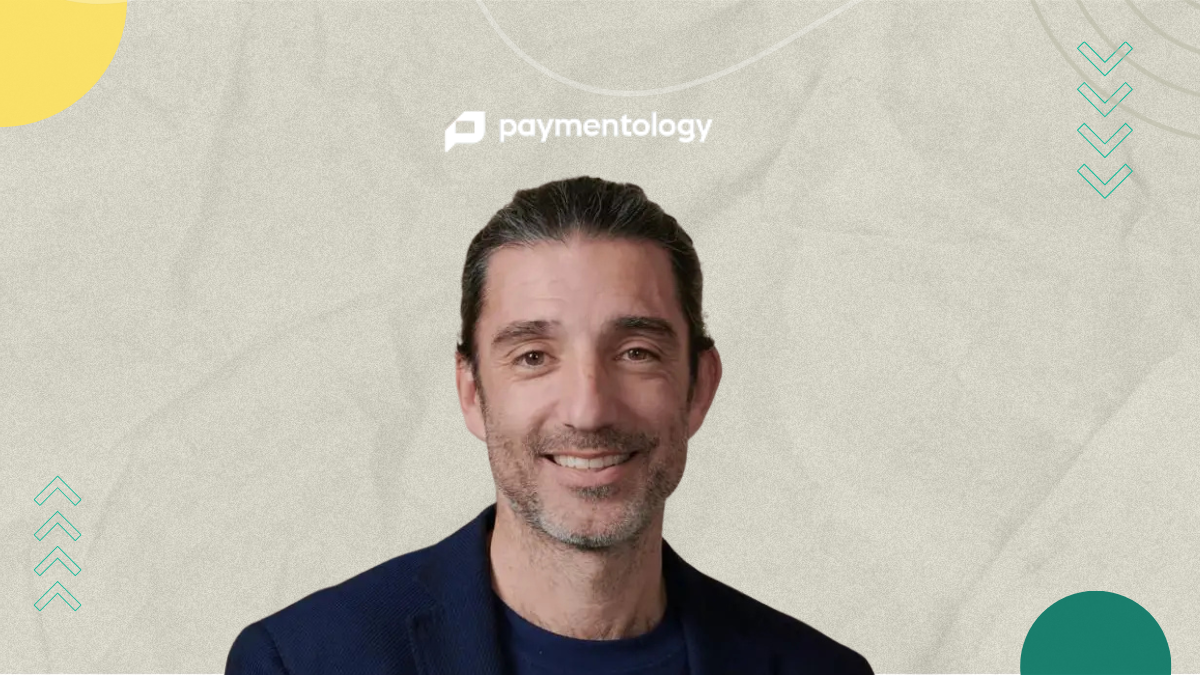I am Hasan Makansi. I built ecosystems, which led to ventures that last.

9 min
The identity he keeps returning to: builder, not commentator
When asked how he defines himself after years across innovation and entrepreneurship, Hasan Makansi reaches for a word that carries accountability. He calls himself a builder, someone who turns ideas into ventures and projects that deliver tangible results. It is a useful self-definition because it rules out the seductive parts of the innovation world, the workshops that end in slides, the strategy that never meets operations, the vision that never acquires constraints.
His philosophy is equally specific. The work only holds when strategy is people-centred, data-informed, and technology-enabled. In practice, that means founders and institutions do not need more inspiration, they need systems that let them grow, adapt, and innovate while producing measurable outcomes.
What corporate environments taught him about speed and structure
On the question of how his time at TECOM and Bayt.com shaped his later ventures, Makansi points to two different lessons that now sit side by side in how he works.
At TECOM, he learned how ecosystems are built, from policy frameworks to innovation clusters. It is a reminder that innovation does not happen in isolation, it happens inside environments that either enable growth or quietly suffocate it. At Bayt.com, he saw how technology can democratise opportunity at scale, the power of digital platforms to widen access rather than simply improve efficiency.
Those experiences also forced an operating balance that many founders only learn through painful failure: corporate discipline matters, but startup agility is non-negotiable. Makansi took both, then made them the foundation for how he builds.
Why he chose a venture studio model over a corporate title
Pressed on why he founded Innavera instead of continuing in executive roles, Makansi frames the decision as a response to a repeated pattern. He saw a gap between ideation, strategy, and execution. Organisations could articulate a vision, but struggled to operationalise it. Strategy existed, but delivery faltered.
Innavera was his attempt to bridge that gap with a structure designed for movement. As he describes it, the firm is a hybrid: part consulting, part technology and AI partner, part venture studio. It supports founders and organisations from concept through to market success, building business models, developing digital products, implementing AI systems, and accelerating growth.
The positioning matters because it rejects the false choice between advisory work and building work. Makansi is arguing that the region needs more operators who can do both, and who are willing to be judged on outcomes rather than intent.
Longevity through evolution, not stubbornness
When asked about Innavera’s most notable achievements, Makansi does not lead with logos. He leads with longevity through evolution, staying relevant by continuously adapting to new technologies and markets.
He points to co-building platforms with partners across healthcare, consulting, corporate, and education. He references technology and AI roadmaps developed for government entities in the UAE, and support for institutions such as the Rotman School of Management at the University of Toronto in digital transformation efforts. What he singles out, though, is not any single deliverable. It is trust built across regions and sectors, from Toronto to Dubai, through repeated delivery and reliability.
How trust is earned with governments, corporates, and investors
When asked how he attracted collaboration with government bodies and major entities across the Middle East and North America, Makansi is careful not to make it sound like networking. He describes trust as something built through consistency, not just results.
The pattern he returns to is measurable outcomes aligned with strategic national priorities, whether that is digital transformation, AI adoption, or ecosystem programmes for startups. He also names a less visible advantage: cross-border fluency. Being able to speak both “innovation” and “implementation” matters to governments and corporates who are under pressure to modernise responsibly, and to investors who want scalable growth without reckless experimentation.
The validation gap that kills most promising ideas
Pressed on the biggest challenges in turning an innovative idea into a sustainable business, Makansi goes straight to the most common failure point: the validation gap. Many ideas make sense in concept and collapse in the market.
He argues that founders routinely underestimate the time required to reach product-market fit, build team resilience, and establish operational structure. Even when growth comes, another risk follows: scaling without dilution. Moving fast while keeping the core purpose intact is harder than people assume.
His remedy is disciplined experimentation backed by a strong narrative and measurable traction. In other words, test relentlessly, tell the story with clarity, and let evidence do the persuasion.
ReimaginED Collective as an ecosystem play, not an EdTech product play
When the conversation turns to ReimaginED Collective, Makansi positions it as a deliberate departure from the usual education innovation model. Instead of building one EdTech product, the initiative focuses on the ecosystem itself, connecting founders, investors, policymakers, and educators to accelerate collaboration and scalable impact.
Through its accelerator, Unlocking Human Potential, he says the current cohort supports startups from 13 countries that are redefining how the region learns, works, and grows. He describes it less as a programme and more as a movement aimed at building what he calls the human potential economy, an idea that reframes education as a capability engine rather than a credential factory.
Early traction, and a funding approach built around credibility
Asked about milestones, Makansi points to the kickoff of the 2025 cohort with 30 founders and partnerships that expand exposure and standards, including collaboration with Take Off Istanbul and connections through entities such as Emerge and Edventures. But what he emphasises most is founder-to-founder collaboration that outlasts the programme, the kind of network effect accelerators often promise and rarely deliver.
On funding, he outlines a dual model. ReimaginED invests directly in some of the startups it supports while also connecting them to a trusted network of investors and industry partners. The intention is to move beyond capital access into strategic partnership access, making growth less about pitching and more about building with support that actually changes outcomes.
What the region’s education systems must stop optimising for
On the question of how education should align with the future job market, Makansi argues for a shift from education for qualification to education for capability. Degrees will not be enough. The labour market demands adaptability, digital fluency, and emotional intelligence, skills that are developed continuously rather than awarded once.
He calls for more agile, industry-aligned learning models that are data-informed and connected to real economic outcomes. That shift, he suggests, cannot be delivered by one stakeholder alone. It requires collaboration between governments, the private sector, and innovators, with incentives aligned around capability, not just completion.
AI in education, powerful but only if applied responsibly
Pressed on whether AI can truly transform education in the Arab world, Makansi is optimistic with conditions. He sees meaningful potential in personalising learning, improving assessment, and reducing administrative burden, freeing educators to focus on mentorship, creativity, and critical thinking.
He also points to early regional alignment, with governments embedding AI literacy and Arabic-language digital tools into national reforms, and using data to identify skills gaps and align outcomes with the future of work. But he is clear about the failure mode: transformation will only be real if AI becomes an enabler of human potential rather than a replacement for it. That requires ethical frameworks, educator readiness, and inclusive design.
The Gulf’s AI momentum, and the execution gap that remains
When asked whether companies in the Arab world are adopting AI effectively, Makansi separates momentum from maturity. Adoption is accelerating, particularly in the Gulf, but most organisations are still early in translating experimentation into scaled implementation.
The constraint is not enthusiasm. It is integration: data infrastructure, governance, and human capital. He notes that the UAE and Saudi Arabia are setting benchmarks with enterprise-level AI roadmaps and sovereign AI initiatives supported by public-private partnerships, and argues the region is emerging as a global frontrunner in strategic AI development. Still, he acknowledges the gap between concept and execution, and frames sustained success as a talent-regulation-technology equation that must scale together.
Where AI will disrupt most, and what the real disruption is
Asked which sectors will be most transformed by AI, Makansi names education, healthcare, and government services first, fields where complex data meets human-centred decision-making. He adds logistics, energy, and financial services as areas ripe for predictive and autonomous systems.
But his more interesting point is cultural. The biggest disruption will be organisations that adopt an AI mindset, curiosity, experimentation, data-driven thinking, outpacing those who treat AI as a technology project. In his view, the tool matters less than the operating philosophy that comes with it.
MENA versus North America, ambition versus maturity
When asked to compare entrepreneurship across regions, Makansi says MENA has evolved dramatically: more talent, more hunger, and more government support than before. What is still catching up is ecosystem maturity, mentorship depth, access to early capital, and tolerance for failure.
Compared with North America’s more established systems, he argues MENA offers a different edge: energy, speed, and ambition. That combination, he suggests, makes it one of the most exciting regions to build in right now, provided founders play the long game rather than chase quick exits.
His advice to young Arabs: applied AI with human-centred intent
If he had to recommend one field for young Arabs to focus on, Makansi chooses applied AI and human-centred innovation. Not just coding, but translating technology into solutions for real problems in education, food security, climate, and healthcare. The future, as he frames it, belongs to those who can turn technology into impact.
Finally, asked what he would tell new entrepreneurs building in competitive conditions, Makansi returns to disciplined fundamentals: start small, think long-term, stay authentic. Do not chase trends. Surround yourself with people smarter than you. Measure impact, not vanity metrics. Do not fear iteration.
The region, he says, needs builders who see entrepreneurship as contribution, not simply an exit. And everything in his career points to the same belief: ideas are cheap, execution is culture, and trust is the only real compounding advantage.
 LEAP26
LEAP26 AI
AI Saudi Arabia
Saudi Arabia UAE
UAE Egypt
Egypt








